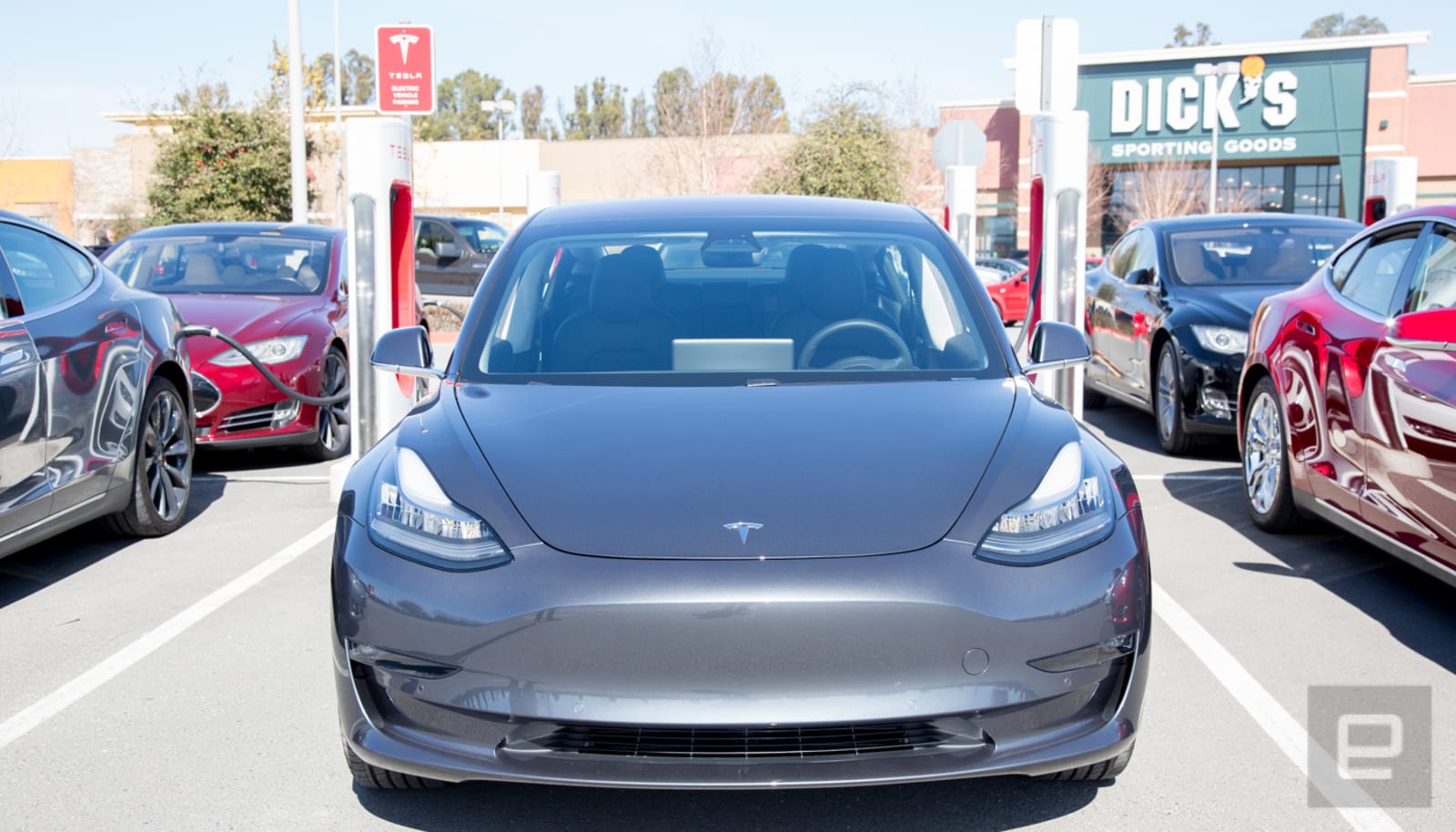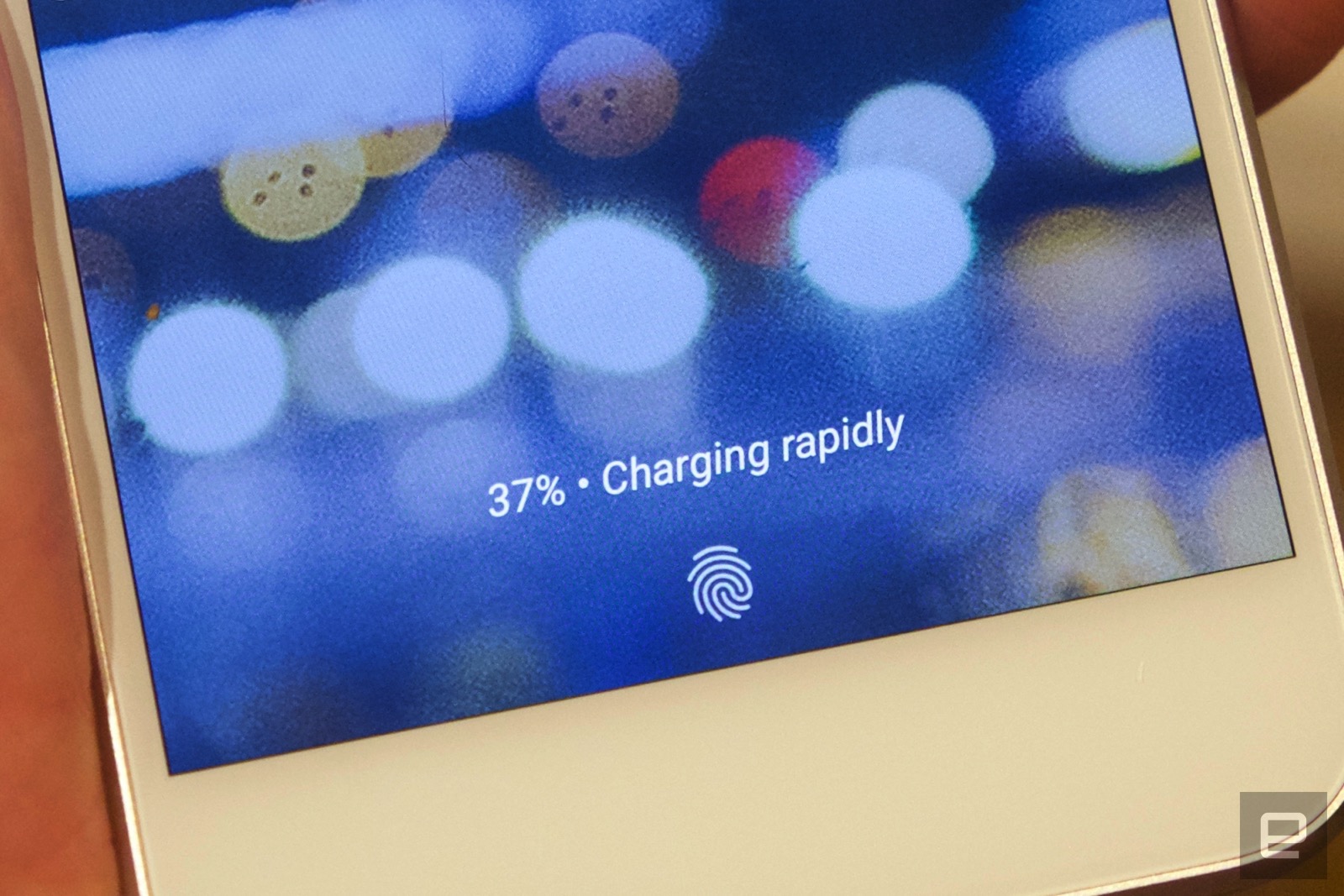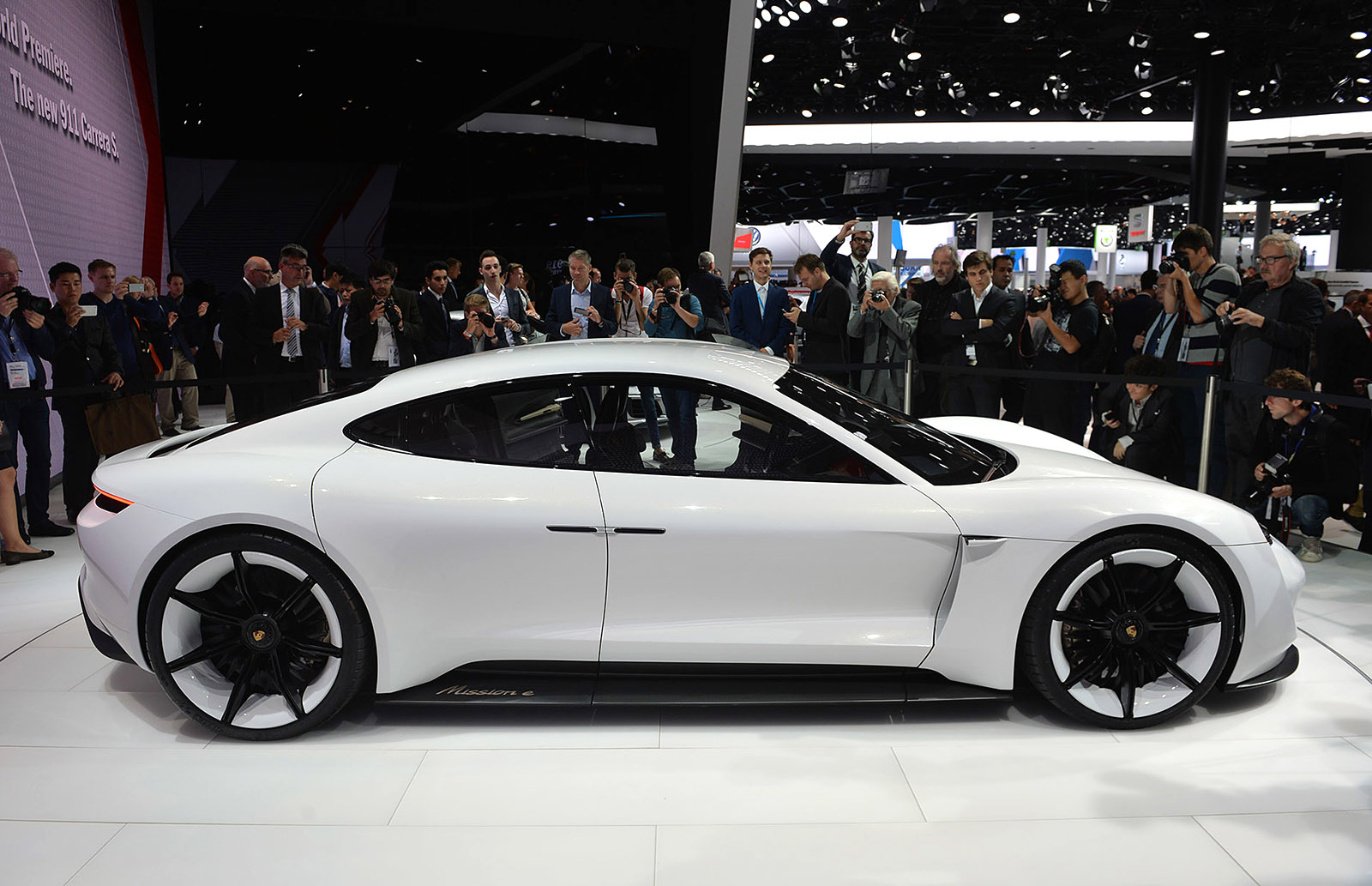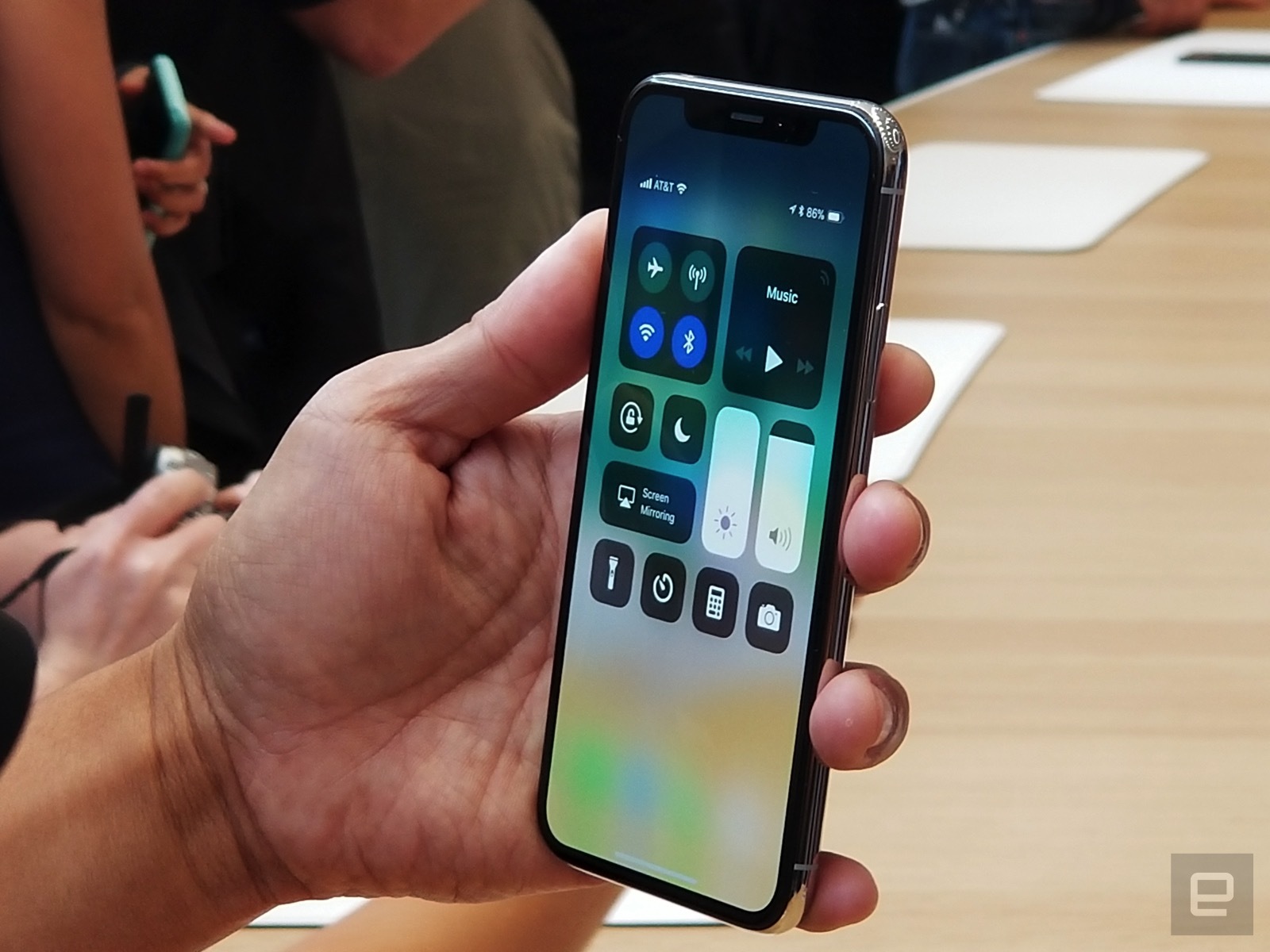
Softbank has just held its biannual showcase to reveal its new smartphone family and, as is often the case with Japanese carriers, there's a few interesting devices alongside the more predictable iPhone fare. Poring over the company's Winter 2013 collection, it's Fujitsu's Arrows A 301F that immediately jumps out, with the particularly useful ability to charge up "a full day" of use in just 10 minutes. However, we're not sure whether that's thanks to the processor or a "dedicated" AC adapter that comes with the device. The 2,600mAh battery will reportedly offer three days of use on a full charge and is accompanied by some more familiar smartphone specs, like a 5-inch 1080p display, Snapdragon 800 processor, and 13-megapixel camera sensor. Talking of sensors, there's one other feature that's had plenty of attention elsewhere recently: a fingerprint reader. On the Arrow A, it's located on the rear, just below the flash and camera sensor, although the company hasn't elaborated on its uses. The phone will launch in Japan this December.
Filed under: Cellphones, Mobile
Comments
Source: Softbank
 Tesla has finally made it possible for Model 3 owners to use DC fast chargers that aren't part of its own Supercharger network. It just released an update for the EV that adds compatibility with all "CHAdeMO" DC fast chargers across North America. No...
Tesla has finally made it possible for Model 3 owners to use DC fast chargers that aren't part of its own Supercharger network. It just released an update for the EV that adds compatibility with all "CHAdeMO" DC fast chargers across North America. No...
 Tesla has finally made it possible for Model 3 owners to use DC fast chargers that aren't part of its own Supercharger network. It just released an update for the EV that adds compatibility with all "CHAdeMO" DC fast chargers across North America. No...
Tesla has finally made it possible for Model 3 owners to use DC fast chargers that aren't part of its own Supercharger network. It just released an update for the EV that adds compatibility with all "CHAdeMO" DC fast chargers across North America. No...
 Android Pie has been out for a week; now Google's latest mobile operating system has a problem. Users of the company's own Pixel XL from 2016 are reporting issues with fast chargers after they've updated to Pie. People aren't seeing the "Charging rap...
Android Pie has been out for a week; now Google's latest mobile operating system has a problem. Users of the company's own Pixel XL from 2016 are reporting issues with fast chargers after they've updated to Pie. People aren't seeing the "Charging rap...
 We've already noted that Porsche is gunning for Tesla with its Mission E sports car, and has even been spotted testing it against the Model X and Model S. Now we know more about what you'll be able to buy when it goes on the market, reportedly in 201...
We've already noted that Porsche is gunning for Tesla with its Mission E sports car, and has even been spotted testing it against the Model X and Model S. Now we know more about what you'll be able to buy when it goes on the market, reportedly in 201...
 One of the biggest (and most widely predicted) improvements that Apple revealed at its event yesterday was the addition of wireless charging for the iPhone. The glass-backed phones will allow for Qi inductive wireless charging, which means that you c...
One of the biggest (and most widely predicted) improvements that Apple revealed at its event yesterday was the addition of wireless charging for the iPhone. The glass-backed phones will allow for Qi inductive wireless charging, which means that you c...

